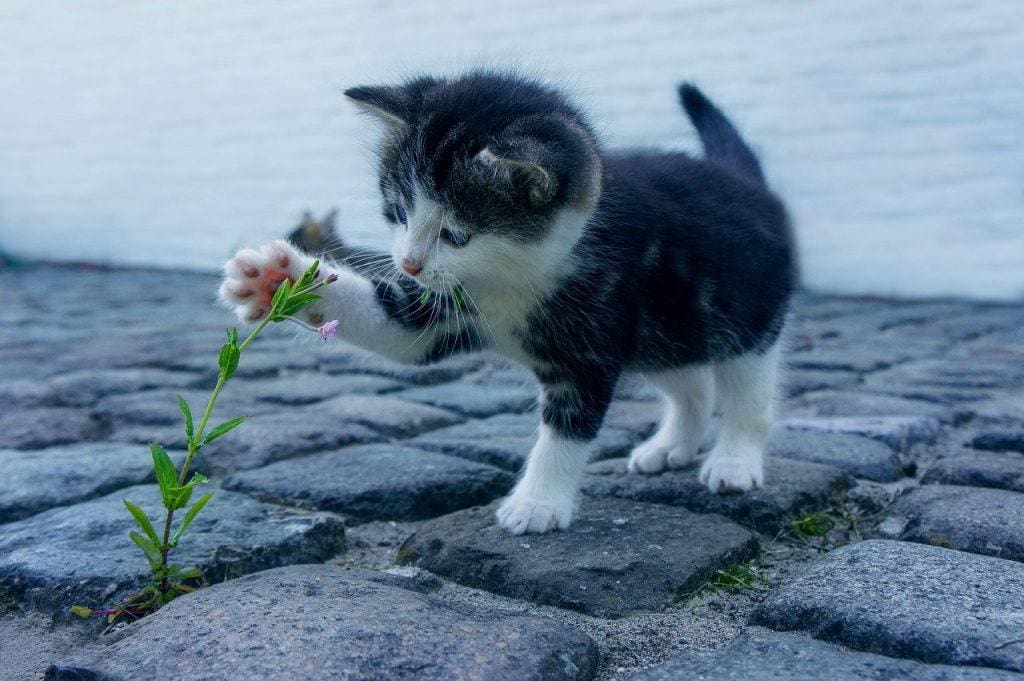Listen to the story
The study involved 162 children between the ages of 10 and 13. The children were asked to complete a series of tasks that measured their exploration and decision-making skills. The researchers found that children who perceived their childhoods as unpredictable were less likely to explore new options in the tasks. They were also more likely to repeat previous choices, even when those choices were not the best option. The researchers conclude that their findings suggest that unpredictable childhoods may have a negative impact on children’s learning and development. They write that children who are less likely to explore may miss out on important opportunities to learn and grow. They may also develop a preference for familiarity, which could make it difficult for them to adapt to new situations. The researchers say that their findings could have important implications for interventions that aim to improve children’s learning and development. They say that interventions should focus on helping children to develop a sense of predictability and security in their environments. It is also important that they should also help children to learn how to explore and make decisions in a variety of situations. Source: PROCEEDINGS OF THE NATIONAL ACADEMY OF SCIENCES (PNAS) We offer a wide range of services, including: Click here for more information Opens in a new tab
Less likely to explore and learn
Learn more about interactive books from SOE PublishingLab Makerspace – four video presentations – click below
Information from B-InteraQtive Publishing





